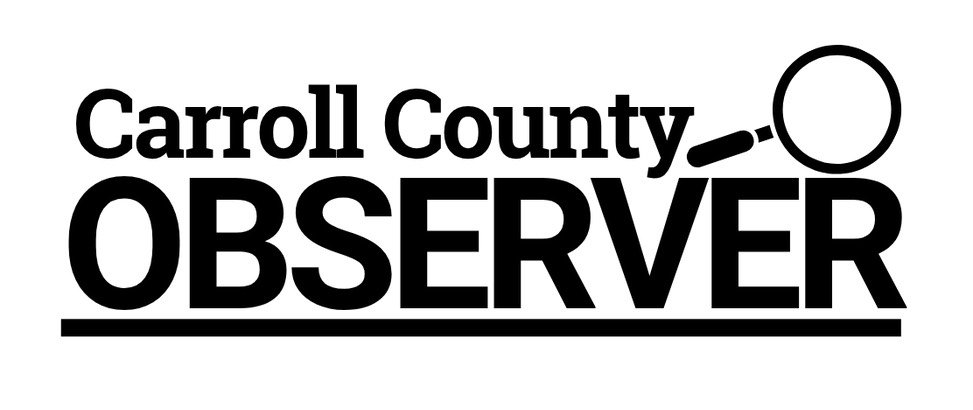The Greek philosopher Diogenes of Sinope was known for living without much care or desire for anything material in this world.
There is a story about him in which he was lying on the ground sunbathing, one day, when he was approached by Alexander the Great.
Alexander, who was the most powerful man in the world during this time, offered Diogenes anything he desired. Anything.
Without so much as batting an eye, he replied to the emperor, “Move. You’re blocking the sunlight.”
Imagine the man who conquered the known world being rendered irrelevant by a man with no shoes and no need for approval.
Diogenes had a talent for seeing through the noise.
He believed virtue was more about action and not appearance.
To him, character mattered more than theater. He also taught that silence, when thoughtful, was often more meaningful than a loud performance.
“Wise men speak because they have something to say,” Diogenes reportedly said. “Fools, because they have to say something.”
Lately, there has been no shortage of people saying stuff.
They say things loudly, repeatedly, and with a sort of rehearsed indignation.
They erect structures in places where humanity is meant to disappear.
There is quite a lot of theatrics dressed as policy along with all this.
We hear the phrase again and again: “This will teach them a lesson.”
But whose children are learning from this, and what are we teaching, exactly?
Diogenes said the foundation of every state is the education of its youth.
Education goes beyond textbooks and test scores.
It’s gained in the quiet lessons that are passed from parents to children about who we are.
Children absorb more from witnessing the actions around them than they do in any structured manner.
It begs the question: What are they learning from the images, the slogans, and the shadows we cast as we place ourselves above the sun?
And perhaps that’s why Diogenes didn’t ask for anything at all.
Maybe the only thing that ever mattered was the sunlight.
After all, “sunlight is said to be the best of disinfectants.”

